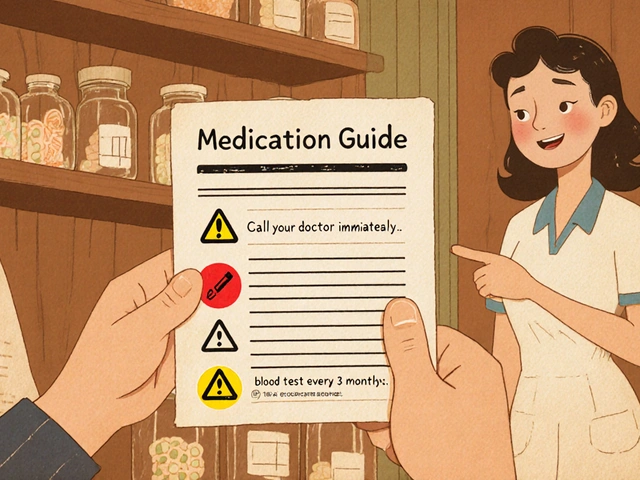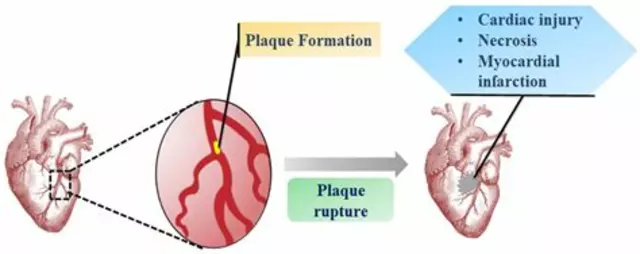Health management: simple, practical steps to handle meds, tests, and online choices
You don’t need to be a pharmacist to manage your health better. This tag collects clear, usable guides — from buying medicines online safely to spotting drug interactions and finding real alternatives when a drug isn’t right for you. Read one short article and walk away with one action you can use today.
Start small: keep a single list of every prescription and supplement you take (dose, time, why). When you talk to a doctor or pharmacist, read that list aloud. That one habit stops a lot of mistakes. Also, carry a photo of your list on your phone for emergencies.
Quick safety checklist before buying meds online
Buying meds online can save money, but do these checks first: 1) Ask for a valid prescription and keep a copy. 2) Verify the pharmacy is licensed — look for contact info, a physical address, and clear refund or privacy policies. 3) Watch out for prices that seem too low or sites that push large-dose antibiotics or controlled drugs without a script. Read the article on buying Zyvox and peptide safety to learn specific red flags and trusted sources.
Drug interactions are sneaky. Citrus fruits like grapefruit can change how drugs break down, and even common meds such as blood pressure drugs or statins can be affected. If you’re on more than one chronic drug — say for blood pressure, cholesterol, or COPD — ask your provider to run an interaction check. Use our citrus interaction guide and the Cozaar or Lasix articles to see examples that matter in real life.
When a medication doesn't work or causes trouble
Not every drug fits every person. If side effects are bad or a medicine isn’t helping after a fair trial, it’s time to look for alternatives. We have focused pieces on statin alternatives, acne options when Isotroin isn’t possible, and replacements for common antibiotics. These articles give pros and cons, so you can discuss specific swaps with your clinician.
Screenings and routine checks matter. Simple tests like cholesterol screenings or lung checks for COPD can steer treatment so you use fewer meds or safer doses. If you manage chronic conditions, schedule regular reviews — medication lists, labs, and blood pressure or breathing checks — so your treatment stays aligned with how you actually feel.
Finally, when in doubt ask. Call your pharmacy, your primary care provider, or use telehealth. If something feels off after a new drug (severe rash, breathing trouble, fainting, chest pain), seek urgent care. For non-urgent questions, our guides on dosing, safety, and buying online provide clear next steps so you’re not guessing.
Browse the linked articles on this tag to find step-by-step advice, safe vendors, and real tests to try. Health management gets easier when you have practical tools and one good plan.
The importance of self-care during sickness
Hey folks, so today we're diving into the hot soup—erm, topic—of self-care during sickness. Now, I'm not saying you should start hoarding chicken soup, but a little self-love when feeling under the weather is crucial. It's like giving your body a little high-five, saying, "Hey buddy, let's kick this cold to the curb, shall we?" It's not just about the meds, but also about proper rest, nutritious food, and a positive mindset. So next time you're sniffling, remember - staying in your jammies all day, binging on Netflix, and sipping on that hot tea isn't being lazy; it's self-care, my dear friends!
Read More




